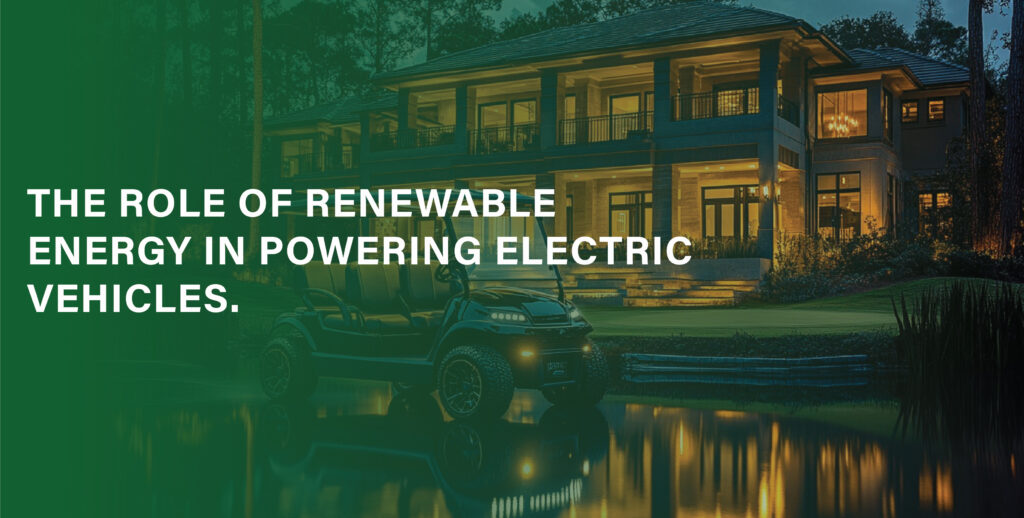Renewable energy plays a crucial role in powering electric vehicles (EVs), creating a synergistic relationship that promises to revolutionize the transportation and energy sectors. This integration offers numerous benefits and opportunities for a more sustainable future.
1. The Synergy of Renewable Energy and EVs
The combination of renewable energy sources and electric vehicles creates a powerful duo that amplifies the positive impact of each component. When EVs are charged using electricity generated from renewable sources, the entire transportation ecosystem becomes significantly greener.
This synergy addresses two primary concerns:
Reducing Carbon Footprint: By powering EVs with renewable energy, we can substantially reduce greenhouse gas emissions
Grid Stability: The integration of renewable energy and EV charging can enhance grid stability through smart charging and energy storage solutions
2. Renewable Energy Sources for EV Charging
Several renewable energy sources can be utilized to power electric vehicles:
Solar Energy
Solar power is one of the most abundant resources, especially in countries like the Philippines. Solar panels can be installed on rooftops and in solar farms to generate electricity for charging EVs.
Solar-powered charging stations provide a sustainable energy source for EV charging, and homeowners can install rooftop solar panels to generate electricity for both household use and EV charging.
Wind Energy
Wind power has emerged as a feasible energy source in various regions. Wind turbines can be installed at charging stations or integrated into the grid to supply clean energy for EV charging. Offshore wind farms can provide substantial amounts of renewable energy, supporting extensive EV charging networks.
Hydropower
Hydroelectric plants can also contribute to the renewable energy mix used for powering EVs
3. Smart Charging Infrastructure
To fully unlock the potential of this synergy, the development of smart charging infrastructure is crucial. Smart grids, equipped with advanced technologies, can optimize the charging process for electric vehicles by prioritizing renewable energy sources when available. This ensures that EVs are charged during periods of peak renewable energy production, further minimizing the carbon footprint associated with electric transportation.
4. Benefits of Integrating Renewable Energy and EVs
The integration of renewable energy and EV charging offers several advantages:
• Environmental Impact: By powering EVs with clean energy, we significantly reduce the overall carbon emissions associated with transportation.
• Energy Independence: Utilizing renewable energy sources for EV charging promotes energy independence and reduces reliance on fossil fuels
• Cost Savings: As renewable energy costs continue to decrease, powering EVs with clean energy can lead to long-term cost savings for consumers
• Grid Support: EVs can potentially serve as mobile energy storage units, helping to balance the grid and store excess renewable energy
5. Future Outlook
The future of renewable energy and EV charging integration looks promising, with continued advancements and widespread adoption on the horizon. As renewable
energy costs continue to fall and EV adoption rises, the integration of these technologies is expected to expand globally. New business models, such as subscription-based EV charging services powered by renewable energy, are likely to emerge
In conclusion, the integration of renewable energy and electric Golf Cart vehicles represents a critical step towards a sustainable and carbon-neutral future. By leveraging advancements in battery technology, smart charging infrastructure, and supportive policies, we can create a resilient and efficient energy system that supports the widespread adoption of electric vehicles while minimizing environmental impact.
